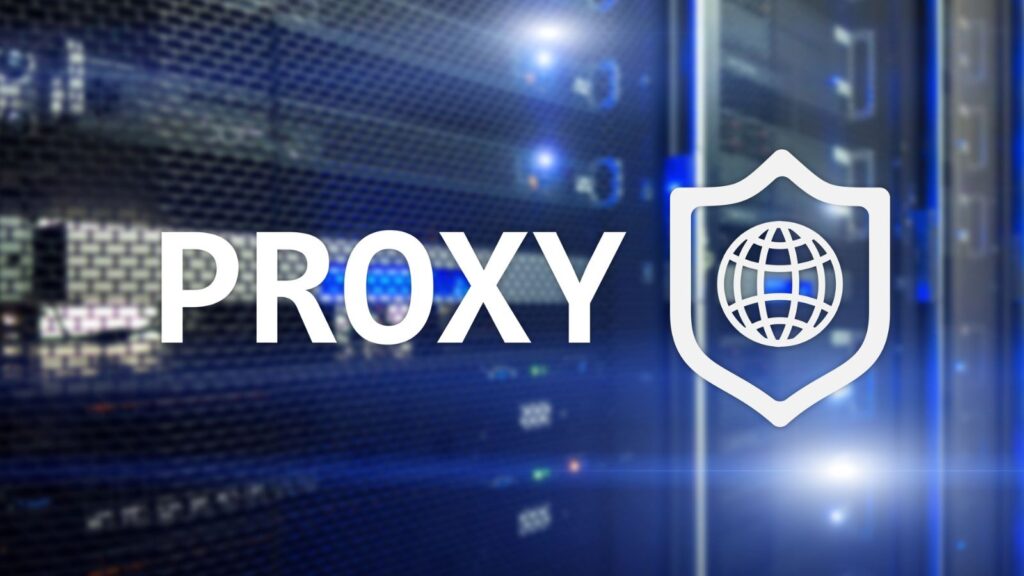Many proxy users pay a hefty subscription for premium proxies but never see their full potential. If your project is already paying off, why bother looking for other ways to use a tool? But if you are frugal-minded or have trouble convincing your company to buy expensive proxies, you must understand more applications.
I have compiled a list of the eight most popular scenarios where private proxies excel. It might not sound like much, but each use case has many different variations, so the use case count is much higher in reality.
What Are Private Proxies?
On the face of it, proxies look like merely an intermediary device that routes your network requests. It performs an important function of hiding your IP address, but how it accomplishes this seems overly simplified for the uninitiated. There are various factors that strongly influence the performance of the proxy, and a sure way to maximize it is to go with private access.
Private proxies, as opposed to shared ones, provide one user exclusive and often unlimited access to the device routing its connection. The user then can integrate it into whatever software he needs, add the proxy IP address to a large pool, share it between multiple of his devices, and so on.
Shared proxy servers are also fairly flexible since you only receive proxy credentials and can insert them anywhere. However, private proxy users have much more freedom because the performance and IP legitimacy aren’t limited by other users.

Performance boost. Private proxies have fewer performance drops or fluctuations since the IP address is often the only device hosting it, and often, the device hosting is dedicated only to one user. You can never be sure how much performance other users are taking or what tasks they are running. The only way to ensure a stable proxy performance is to go with private access.
IP legitimacy. Hosting platforms share information with one another, so if an IP address is flagged on some popular site, chances are most of the internet now will know you are using a proxy. Expect CAPTCHAs and IP blocks. Naturally, the more users have access to an IP address, the bigger the risk that an IP address will be flagged in such a way. Choosing private proxies increases your IP legitimacy.
Two Types Of Private Proxies
The three most common proxy types are datacenter, residential, and mobile. The latter cannot be fully private since IP addresses from cellular towers are dynamic. So, we are left with two main types of private proxies.
Private residential proxies are hosted on physical devices and use household internet connections verified by ordinary internet service providers (ISPs). A private residential proxy is the best choice when you need a highly legitimate IP address.
Private datacenter proxies are created by running virtual machines on powerful commercial servers, so the connection isn’t verified by a residential ISP. A private datacenter proxy is best for tasks where you need lots of cheap IP addresses with high performance.
While datacenter proxies do not lose much performance when they are shared, residential proxies are almost always better performing when used privately. This is because the performance drop is much more significant when shared, and the IP addresses are highly valuable because of their legitimacy.
Top Use Cases Of Private Proxies
Anonymous Browsing
Accessing the internet with a proxy server as your barrier can be really beneficial. It increases security since no malware can attack the original device directly, and it also helps bypass geo-restrictions. It’s often used by individuals and companies for these purposes, and it’s fairly easy to set up network-wide.
Software Testing
Proxies are frequently used by developers and QA analysts to look for bugs in web pages or apps and software. For example, sending a large number of requests from proxies can stress-test whether the software withstands a surge of customers. Using proxies from different locations and with different fingerprints also allows testing localization and compatibility issues.
Web Scraping
We are way past the times when online data was collected manually. There’s too much of it, and we have web scraping. It’s the process of automatically collecting online data with bots. He visits a website, makes a list of its contents, and then can extract whatever is needed for the user. The data can also be converted into a process needed for later analysis.

Proxies here are essential since crawlers and scraper bots tend to be banned by websites quite frequently. A reliable private proxy makes the whole process much faster and, in some cases, is the main reason why data collection is possible at all. Here are some of the main scenarios where proxies are essential for web scraping:
- Market research
- Stock data analysis
- Lead generation
- Price monitoring
- Search Engine Optimisation (SEO) tasks
- HR tasks
- Collecting data for machine learning
Social Media Management
Having more than one social media account is against the rules of most platforms. But it’s exactly what many companies and professional social media managers do for a living. Accessing accounts from different locations is only possible when you have a dedicated IP address for each of them. Purchasing private proxy servers is unavoidable in such cases.
Bulk Purchasing
Buying high-demand products online is a huge hassle. Tickets, GPUs, sneakers, and most other goods of value are snatched by bots in mere seconds. The only way to buy more of them is to use a bot yourself. It’s surprisingly simple to do, but you will need a proxy server to conceal your original IP and avoid restrictions.
Conclusion
This should have shed some light on where you can use private proxies you already own. If you are still in the market for private proxies, consider this as a good selling point to find a budget for your needs. Shared proxies might also be suitable for these tasks, but private access is always a better choice in terms of performance and security.
